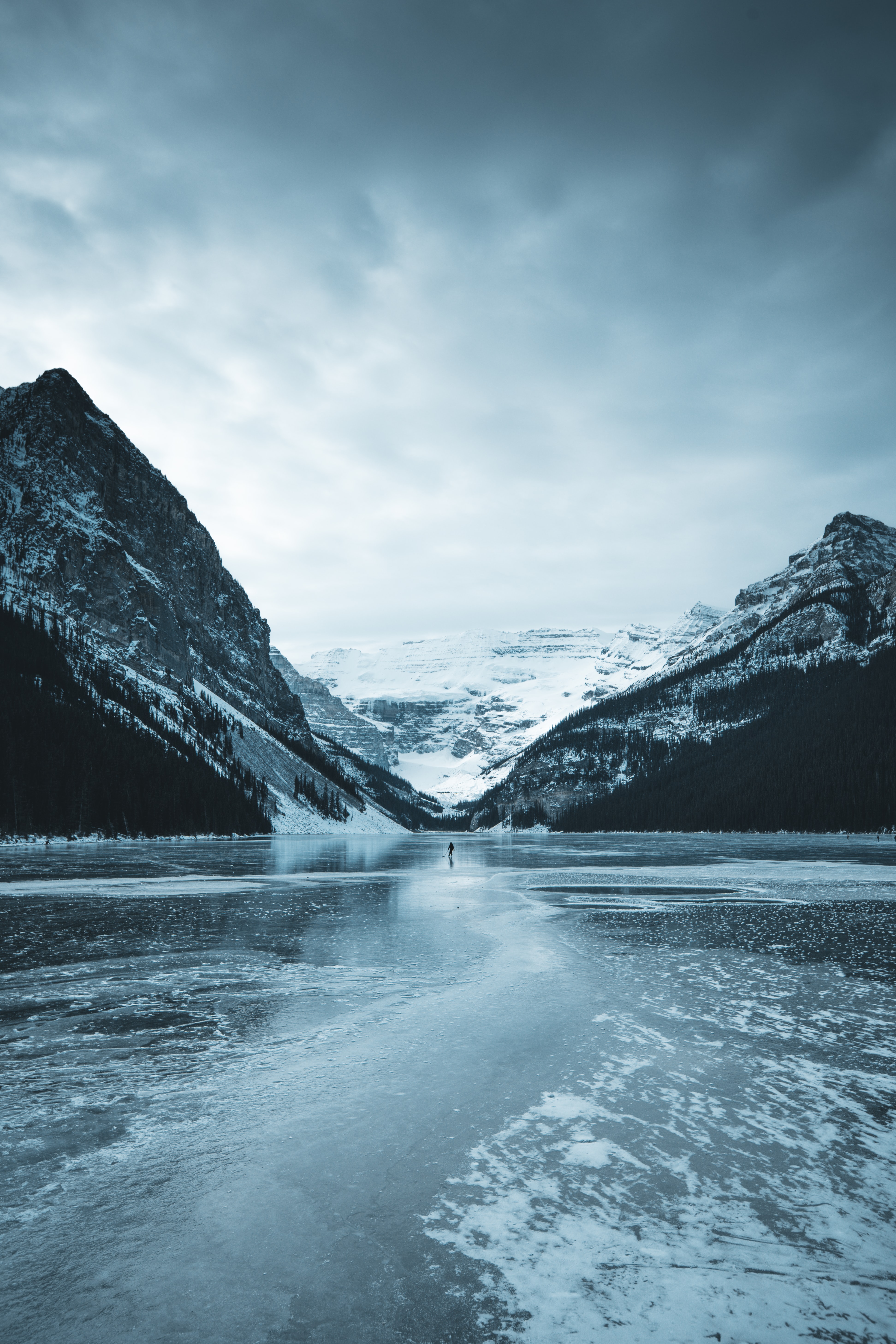To Walk the Unguided Path
You are ready, young one, but the world is not. Her winter is harsher this year; Death's fingers run across the desert. No-one will think poorly of you for waiting.The northern reaches of Iskaldhal have ever been too wild to allow for the permanent structures and civilisations of the more-precipitous south. The Kylmävikk Desert stretches lazily across much of the north, left bereft of rain by the many mountain-ranges of Iskaldhal - including the Hands of the First and the sky-piercing Kyöpelinvuori. Siellumearra and its many surrounding shattered lakes, meanwhile, plunge the north-west into freezing mist and treacherous layers of ice - a combination of conditions that even the nearby Witch-Tribes struggles with on occasion. Magical storms rage, and monsters lurk in the shadows. Growing up in this environment is harsh, whether it is as a member of a snow elven tribe like the Isyrei, the nomadic wanderers of the Vaeltajat, or indeed as a fledgling coven-member in a Witch-Tribe. The bonds forged between the groups is far stronger than what outsiders would predict - they have little room to breathe as it is. There is no room for war when frost giants hunt the smaller races for sport, or when dragons swoop overhead. Naturally, with numbers so thin, the youngfolk are valued above all. They find themselves protected above all else, for they represent the futures and the hopes of every tribe, every group. It is only once the young have proved themselves as adults that they gain the trust of their peoples, and the right to carry on the proverbial torch. To do this, they must brave the depths of the Iskaldhan north: they must walk the unguided path with none familiar to them, and return alive with proof of their travels.
History
These have been our ways for millennia. You will not interfere.The traditions of the northern Iskaldhans have been passed down generation-to-generation for countless millennia, stretching back beyond the Worldrend and potentially prior to the First Divine War. They hail to a time when travelling the wilds was not sown with the corruptive threat of Iskaldhal's magical anomalies or the grasping shadows of the continent's warring liches. Of course, that is not to say the continent was more inhabitable - dragons ruled the skies openly until the Shattering of Skies, and winter has never been particularly kind to mortal life. It isn't known who first took the long journey to prove themselves, but stories passed down from ancient times indicate that it was originally a trip taken with the stronger members of one's tribal group. It was not until much more recently that it began to separate from the ideas of birth family and began to revolve around the idea of total independence: what prompted the sudden change is not known.





This has such a sense of culture to it. I love the acceptance amount the people that while it is dangerous it is necessary. Amazing article :)